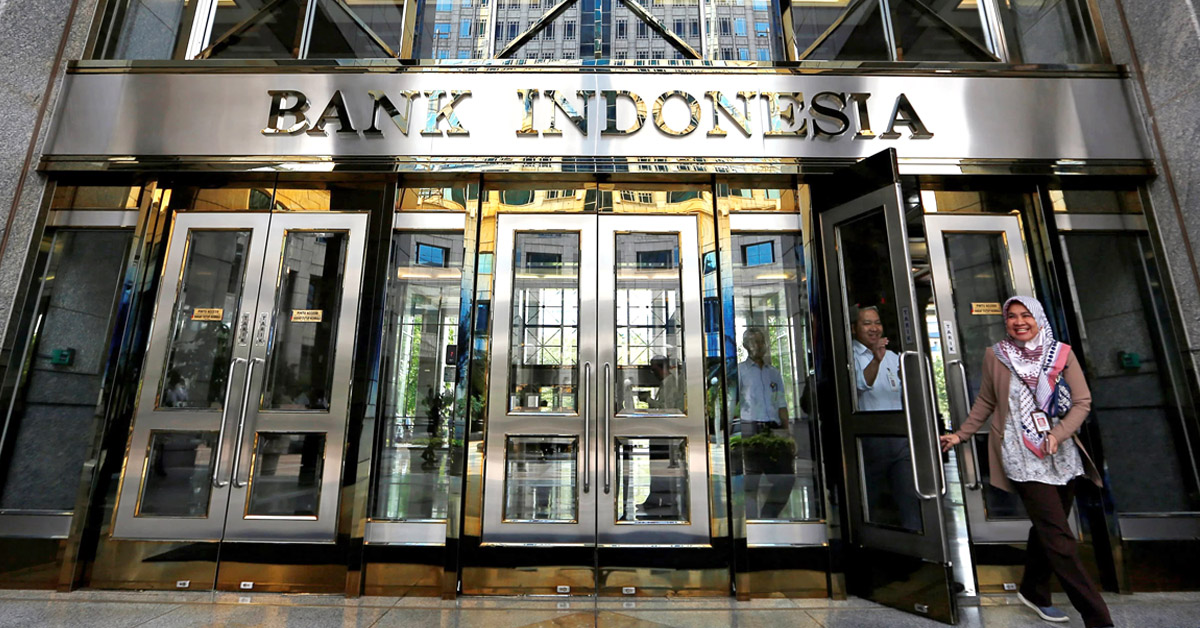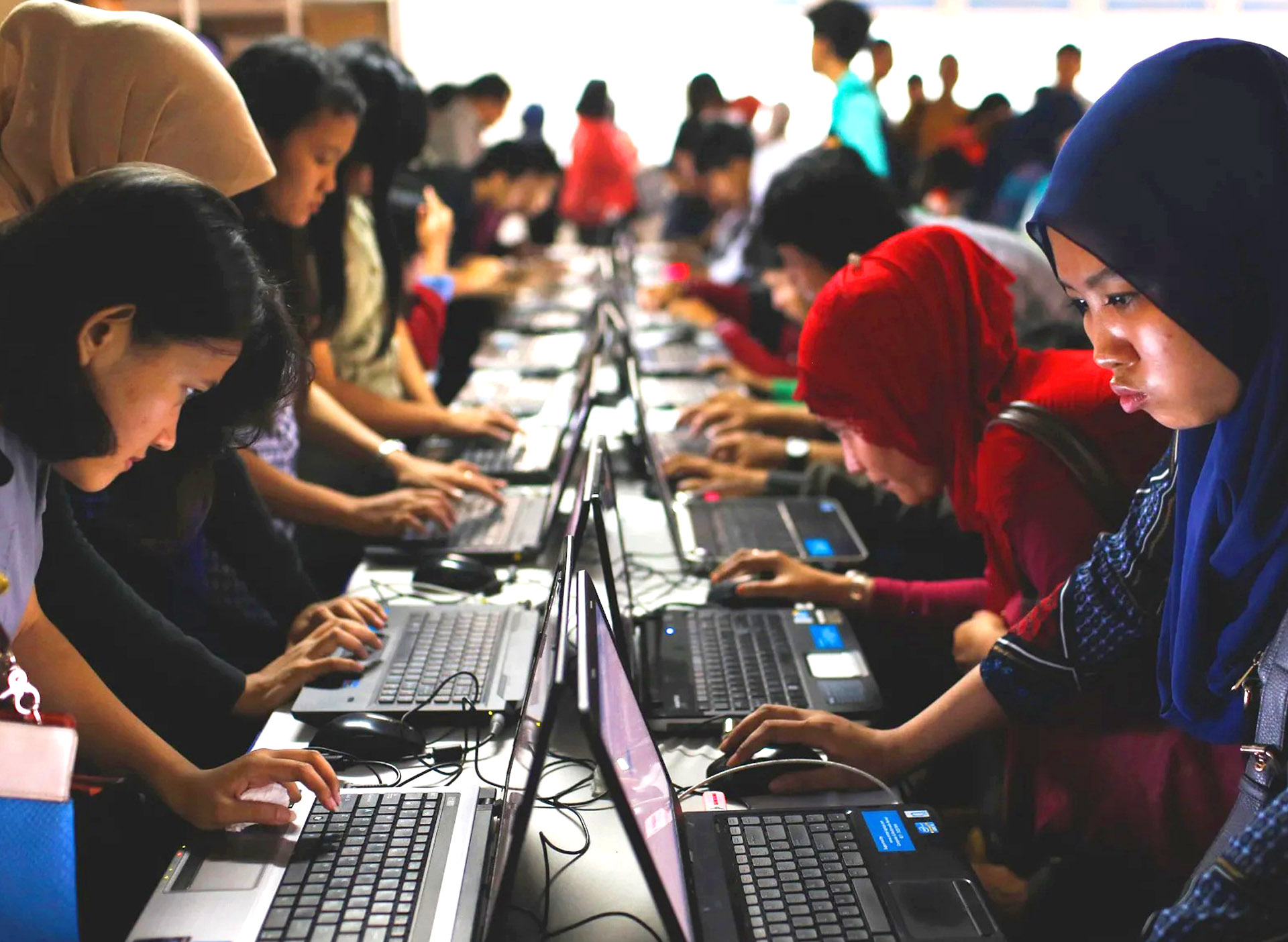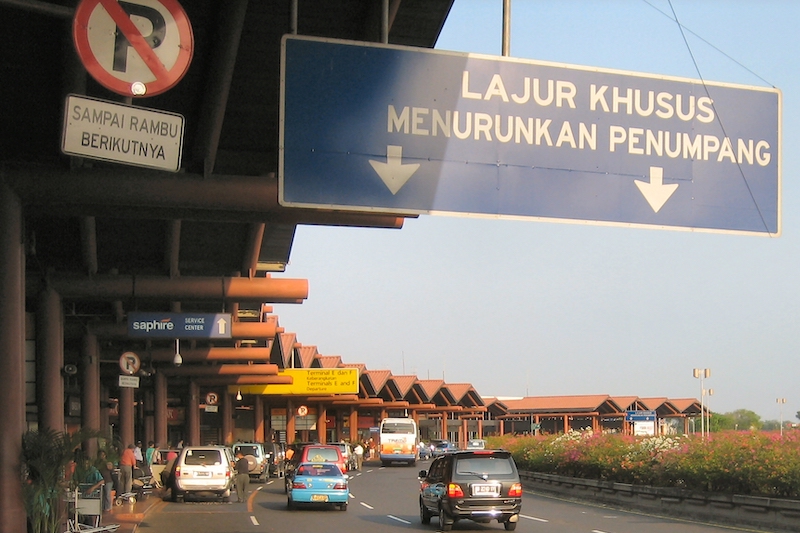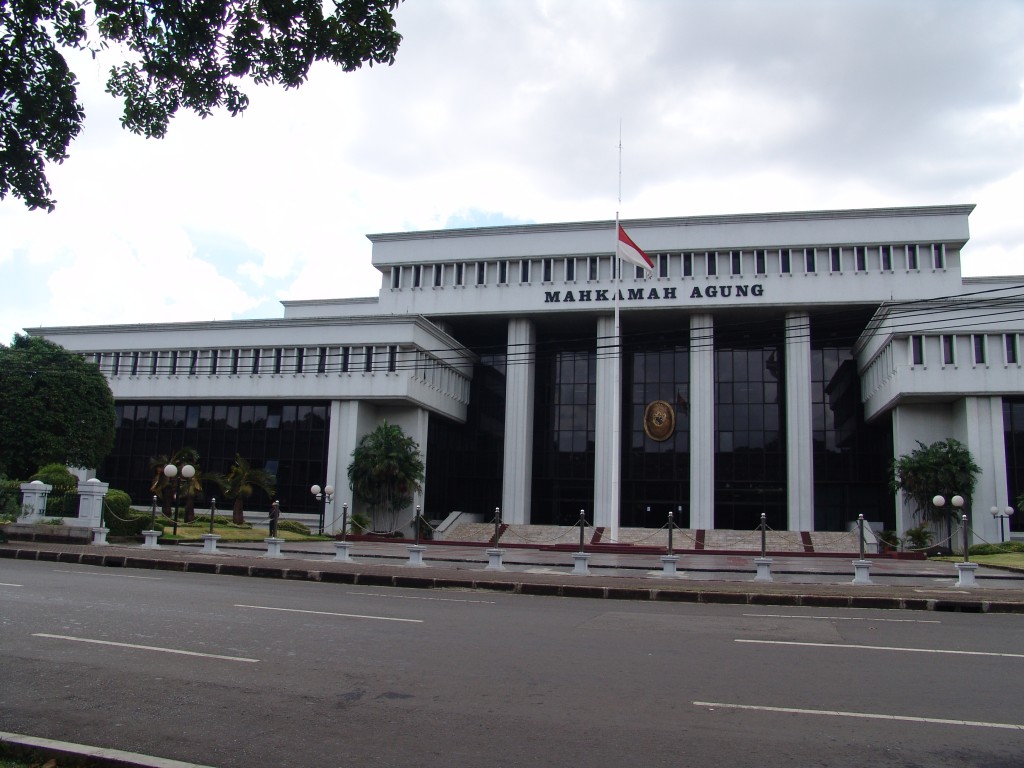 By Maria Sagrado, Ghaliva Nadira Sjarif, Makarim & Taira S.
By Maria Sagrado, Ghaliva Nadira Sjarif, Makarim & Taira S.
With the continuous and rapid advancement of technology and the increase in the use of digital technology, the provision and sale of digital content has become more and more appealing. This is evident from the emergence of a plethora of businesses the activities of which include engaging in the sale of digital content such as video games, ring back tones, music and videos as well as the rise in the demand for digital content sold through mobile phones. As the world’s 4th most populated country with over 120 million active smart phone users, Indonesia has naturally become an attractive place for investment in the digital content sector. Given the size of the potential market and the growing business interest, the Indonesian government try to protect the interests of both consumers and content providers by issuing Minister of Communication and Informatics Regulation No. 9 of 2017 on The Administration of Content-Providing Services in Mobile Cellular Networks (“MOCI Reg 9/2017”) on the sale of digital content.
MOCI Reg 9/2017 covers the provision of digital content, with payment for the purchase being deducted from mobile phone credits or invoiced to the mobile phone user in a post-paid mobile services arrangement. This regulation does not regulate digital content with payment not being paid through Indonesian telecommunications services (such as Telkomsel, XL, Indosat etc). Under MOCI Reg 9/2017, ‘digital content’ is defined as all forms of information which may be in the form of writing, images, sounds, animations, or any combination of them, in digital form, including software applications to be downloaded. This includes the sale of among other things, ring back tones (RBT), online game credits/vouchers, music, and short message service (SMS) subscriptions. As digital content constitutes goods that can be sold remotely, MOCI Reg 9/2017 regulates not only digital content providers targeting the Indonesian market that are located in Indonesia (“local digital content providers”), but also those located outside of Indonesia (“foreign digital content providers”).
Under MOCI Reg 9/2017, digital content may be provided from within Indonesia by local digital content providers which are Indonesian legal entities in the form of a state-owned enterprise, region-owned enterprise, private enterprise or cooperative (koperasi). Public institutions, government institutions and universities and schools may provide digital content for their own interests. Local digital content providers require a license to provide digital content from the Directorate General of Telecommunications of the MOCI. While for the provision of digital content by foreign digital content providers, the party that has to obtain approval in Indonesia is the telecommunications service provider that distributes the content to the customers/users, not the foreign content provider.
To provide digital content, the digital content providers (either local provider or foreign provider) that are not Indonesian telecommunications services providers require cooperation with an Indonesian telecommunications services provider. The cooperation must be governed by a cooperation agreement, which must cover, among other things:
- the scope of the cooperation;
- the rights and responsibilities of the parties;
- the limit of each party’s responsibility to the customers/users;
- the type of services provided; and
- the business scheme and the fee structure of the business.
This cooperation agreement must be submitted to the MOCI for approval.
In addition, foreign digital content providers must submit a written statement to the effect that they are willing to comply with MOCI Reg 9/2017 and an explanation of the telecommunications service fees and universal service obligations related to their gross income paid to the telecommunications services provider. Compliance with MOCI Reg 9/2017 includes, among other things, not providing content that is prohibited under the regulation, such as content that is contrary to the Indonesian Constitution, contains gambling or pornographic images /or violates the intellectual property rights of another party, and making sure that the agreement/arrangement with the Indonesian telecommunications service provider covers this prohibition.
For failing to obtain the required approval from MOCI, progressive sanctions may be imposed starting with a written warning, followed by a temporary suspension, and finally, the revocation of the telecommunications service provider’s business license. MOCI has formed a special monitoring committee that monitors activities of digital content distribution in Indonesia.
Other requirements must also be complied with, including having a contact center in the form of a call center, SMS center or customer service website. Digital content providers are also prohibited from providing initial information or digital content offers that contain difficult to understand statements, misleading information, or try to coerce them to receive digital content and information that violates the applicable laws and regulations.
Although MOCI Reg 9/2017 is indeed not a new regulation, it is becoming more and more relevant as more foreign and local investors are interested in the Indonesian digital content market. Going forward, it will be interesting to see what kinds of new technology or content created by new players will fall under the scope of this regulation.
* * * * *
M&T Advisory is an email publication prepared by the Indonesian law firm, Makarim & Taira S. It is only intended to inform generally on the topics covered and should not be treated as a legal advice or relied upon when making investment or business decisions. Should you have any questions on any matter contained in M&T Advisory, or other comments generally, please contact your usual M&T contact or advisories@makarim.com.


























 Makarim & Taira S. (Old)
Makarim & Taira S. (Old) Rahayu Ningsih Hoed
Rahayu Ningsih Hoed




